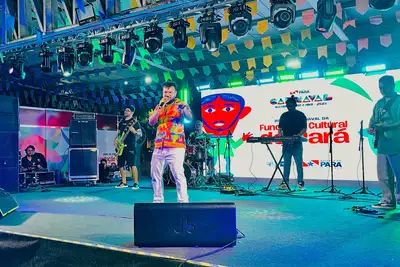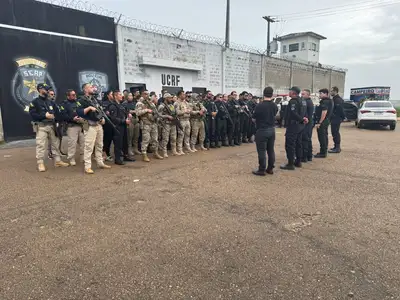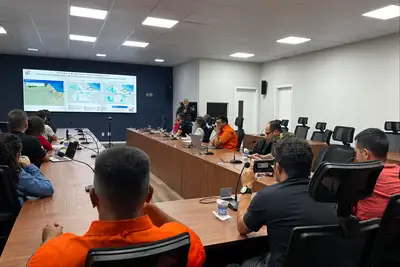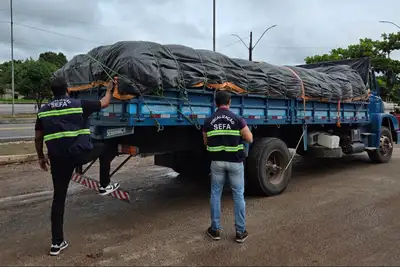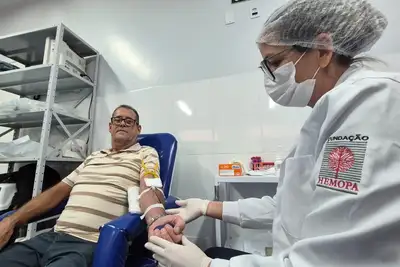Semas wants to transform 'InovaSocioBio' into a state policy for sociobiodiversity
The initiative seeks to consolidate actions to promote sociobioeconomy and strengthen community businesses
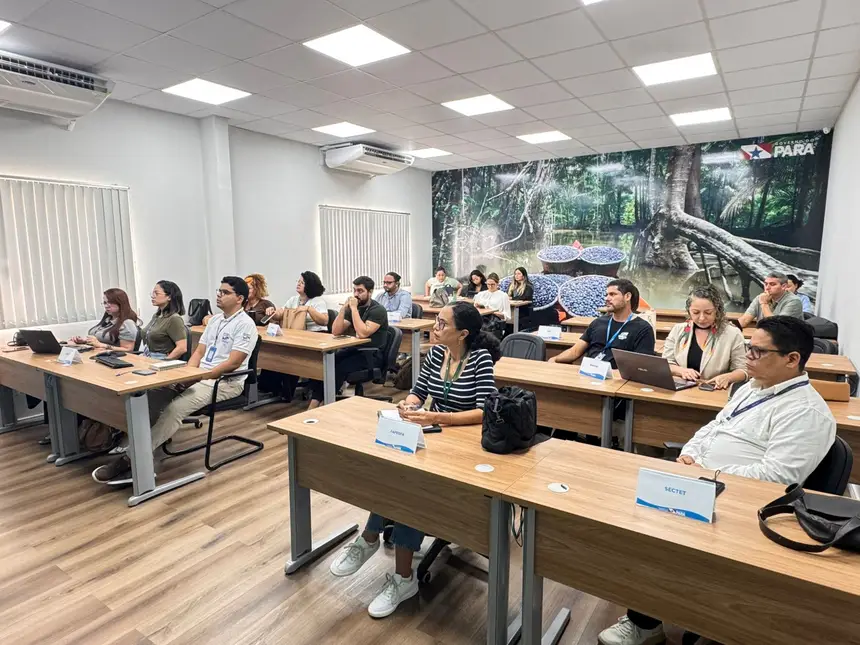
The State Secretariat for Environment, Climate and Sustainability (Semas) is working to transform the Inova Sociobio project, an initiative to promote the sociobiodiversity of Pará through technical and financial support to communities, into a state policy. The proposal, already submitted to the State Bioeconomy Plan Committee, is for the InovaSocioBio Program to become a permanent public policy, strengthening its strategic character to promote sustainable development, income generation, and the strengthening of various productive chains.
The proposal, which has the support of the UK Pact Program from the UK government, presents guidelines, principles, and governance mechanisms capable of ensuring sustainability, resource mobilization, and strengthening community enterprises led by indigenous peoples, quilombolas, traditional communities, and family farmers.
“InovaSocioBio is the result of a maturation process of Pará's bioeconomy policy. We started with an experimental call for proposals, learned from the challenges, and now we are advancing to transform this initiative into a permanent government program capable of promoting productive inclusion, sustainability, and income generation in the territories,” says Camille Bemerguy, Deputy Secretary of Bioeconomy at Semas.
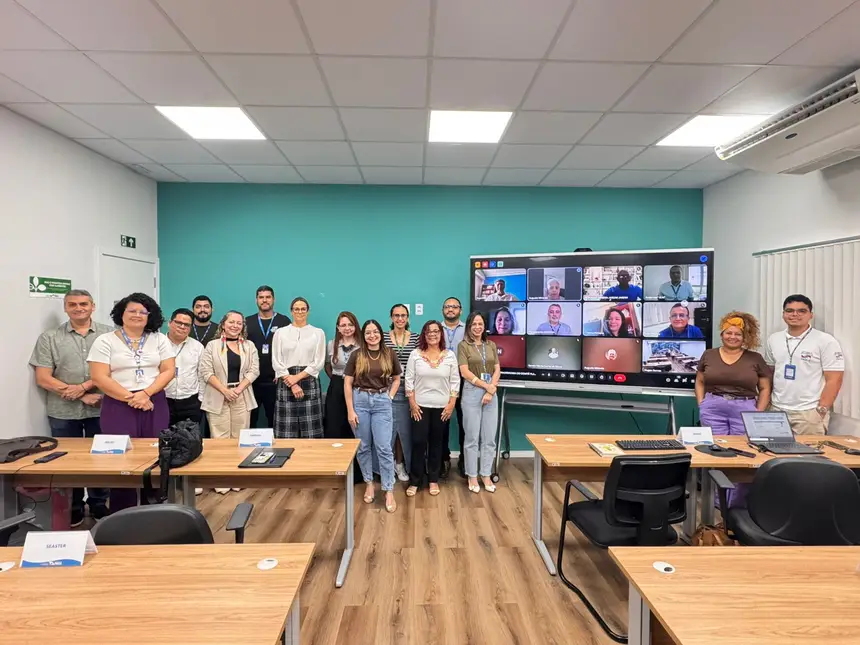
Strengthening community businesses
Since its first edition, InovaSocioBio has been strengthening sustainable community businesses, supporting the production and marketing of products derived from sociobiodiversity. The second edition is being held this year.
The draft of the new program provides that InovaSocioBio will operate in an integrated manner with the State Bioeconomy Plan (PlanBio), the Center for Sociobioeconomy of Pará, and the Bioeconomy Park, stimulating funding calls, technical training, productive innovation, and participatory governance.
Among the main areas of action are the institutional strengthening of community organizations, support for productive infrastructure, and the adoption of sustainable and social technologies adapted to local realities. “The proposal represents a strategic advance. We want to ensure that the chains of sociobiodiversity are strengthened from the communities themselves, respecting traditional knowledge, promoting gender and generational equity, and stimulating new markets based on fair trade,” emphasized Camille Bemerguy.
Semas emphasizes that the consolidation of the InovaSocioBio Program will be the result of inter-institutional articulation with other secretariats and agencies of the Government of Pará, as well as research institutions, civil society, and community networks. “The InovaSocioBio proposal is the result of dialogue between government, civil society, research institutions, and community networks. This listening is essential for the program to reflect the needs of the territories and to consolidate as a lasting public policy,” added Bemerguy.



